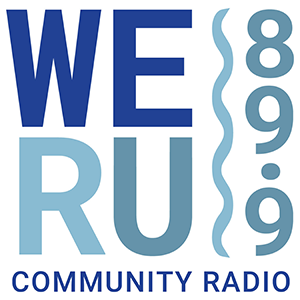Producer/Host: Natalie Springuel
Studio Engineer: Amy Browne
Issue: Maine coastal and ocean issues
Program Topic: History, Culture, and Heritage of the Lobster Industry in Maine
Key Discussion Points:
History of the industry in Maine, including readings from “The Maine Lobster Industry: A History of Culture, Conservation and Commerce” by Cathy Billings
History of the industry on Cranberry Isles, the formation of the Co-op, and the current exhibit at Isleford
HIstorica Museum: “Boats and Buoys: Lobstering on Little Cranberry Island”
Poetry and writing about lobstering and the heritage of the industry
Guests:
Cathy Billings, author of “The Maine Lobster Industry: A History of Culture, Conservation and Commerce;” and Associate Director at the Lobster Institute
Retired Lobsterman from Isleford, Jim Bright
Rosamond Rea, project manager of the “Boats and Buoys: Lobstering on Little Cranberry Island” exhibit at Isleford Historical Museum
Podcast: Play in new window | Download



 Donate to WERU Today!
Donate to WERU Today!